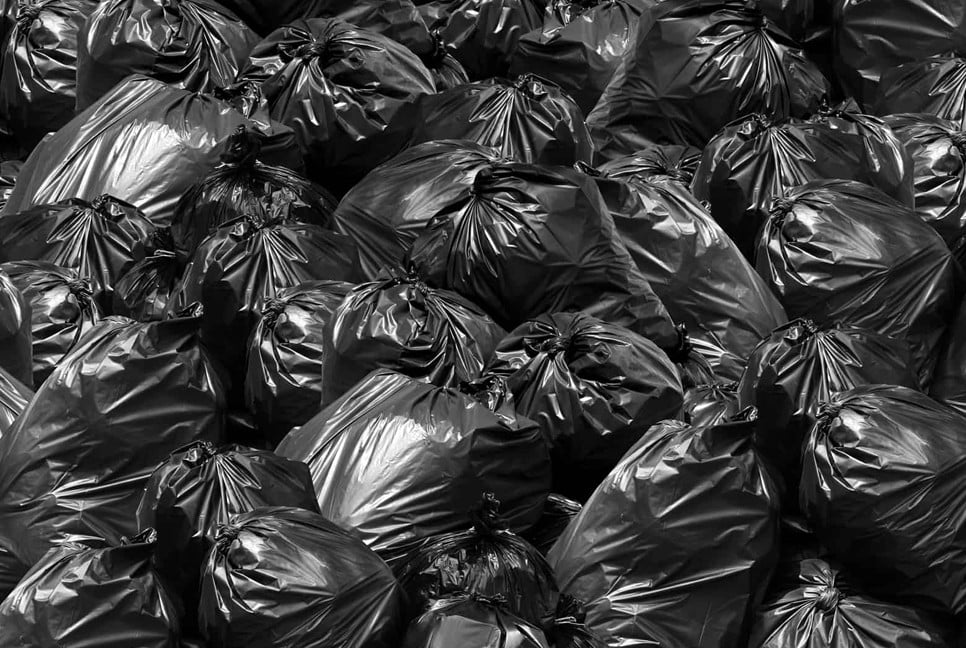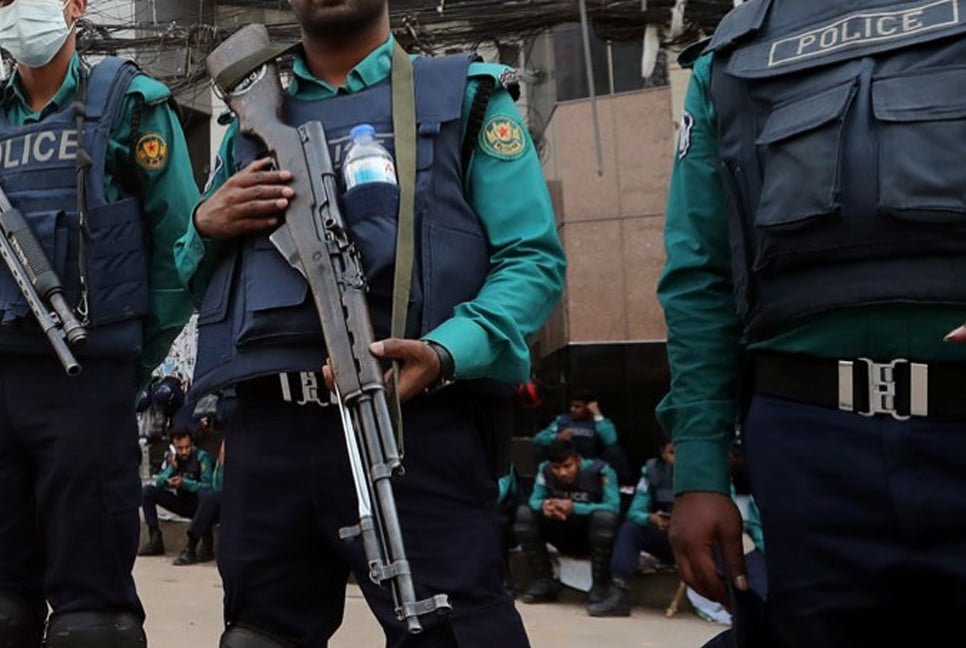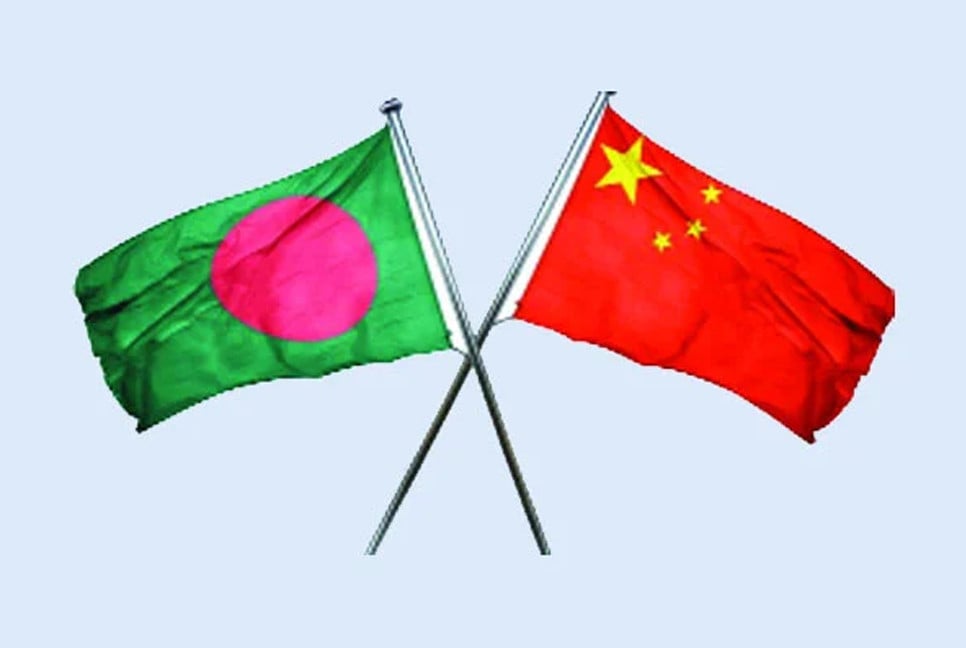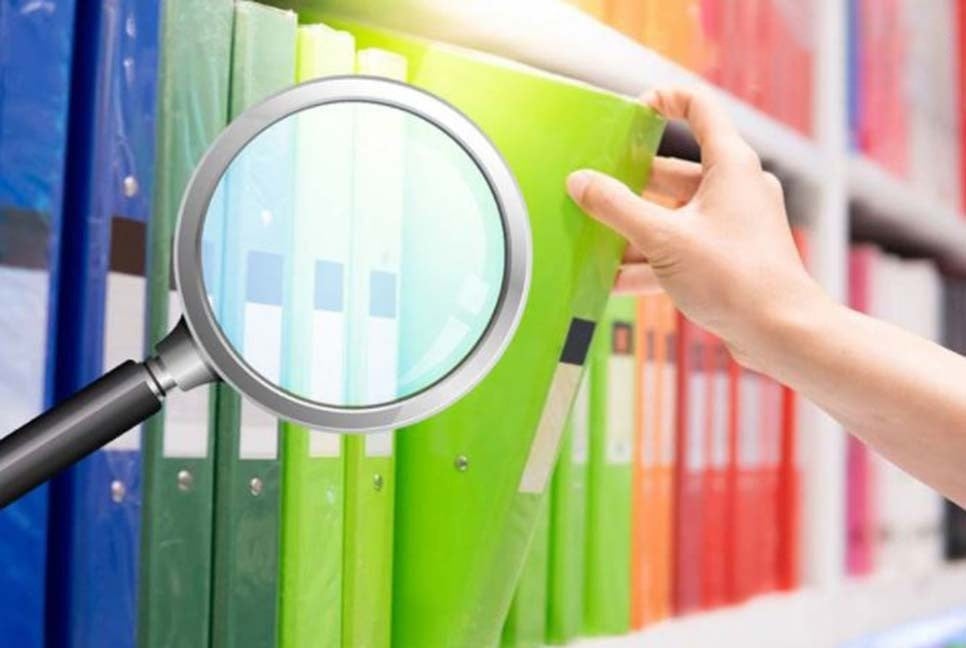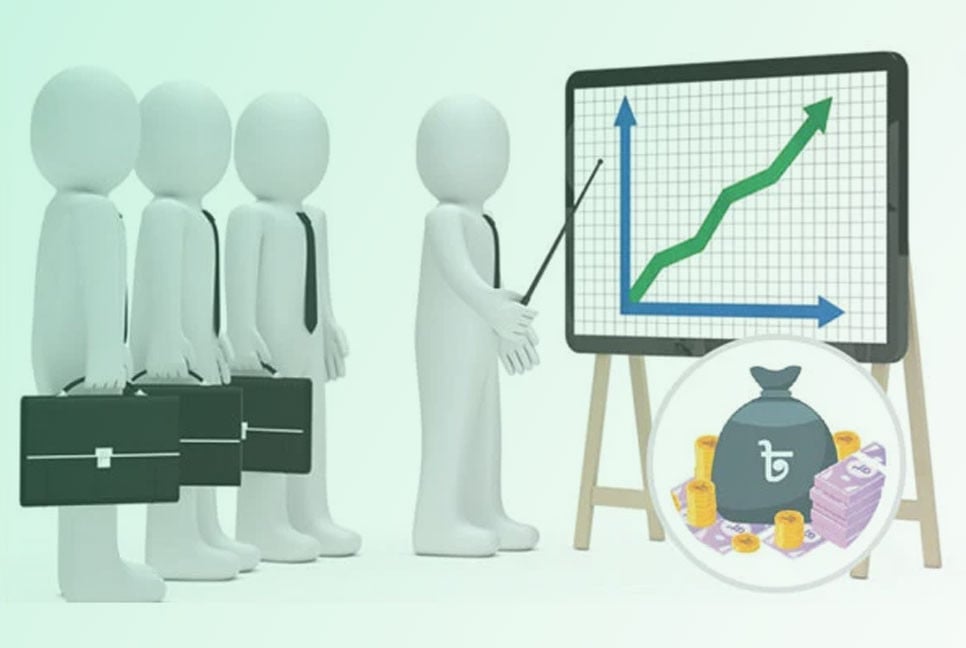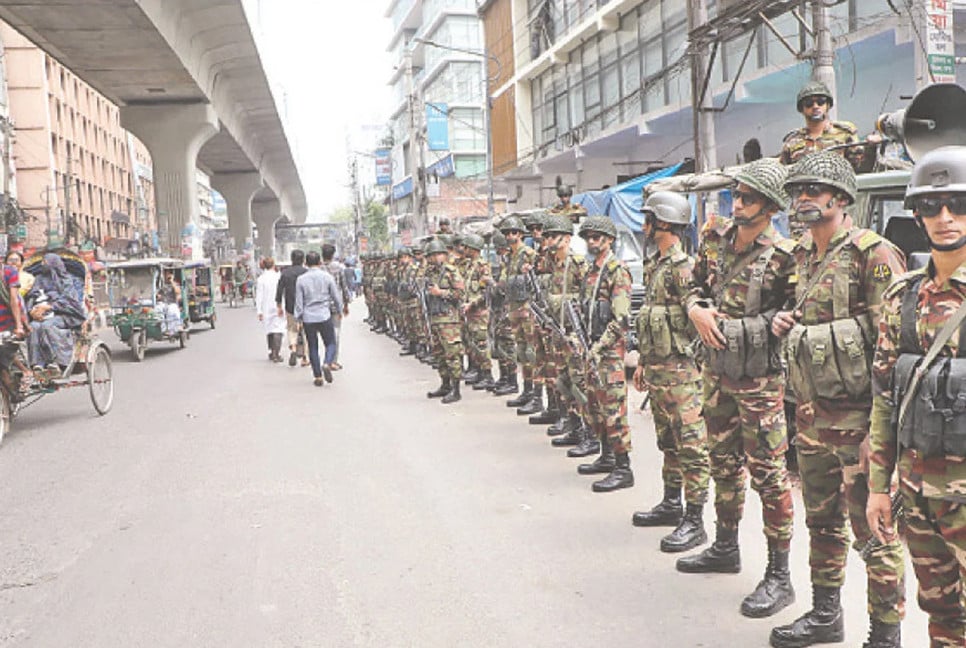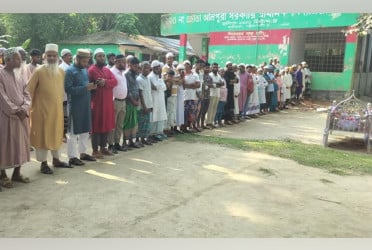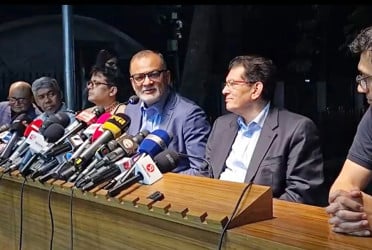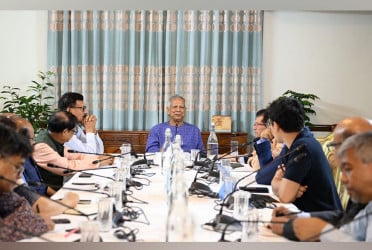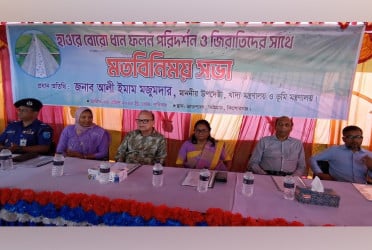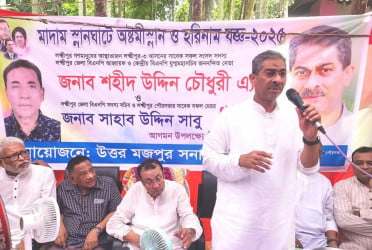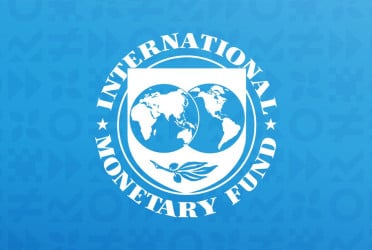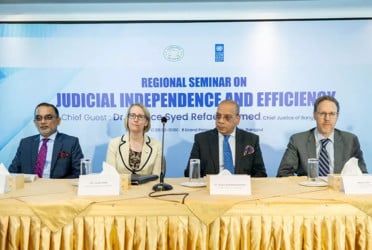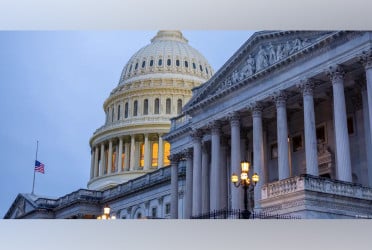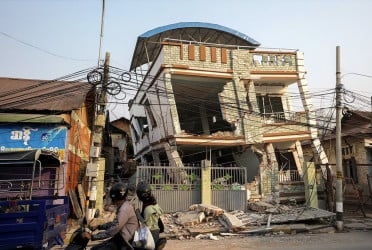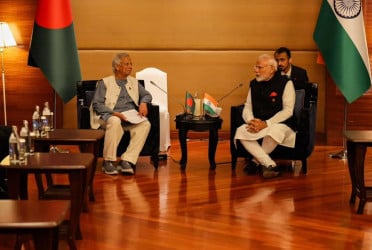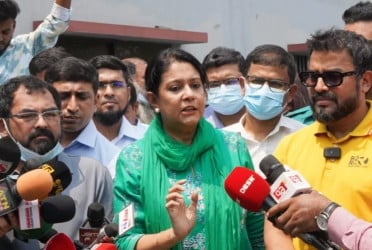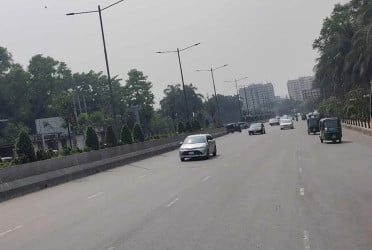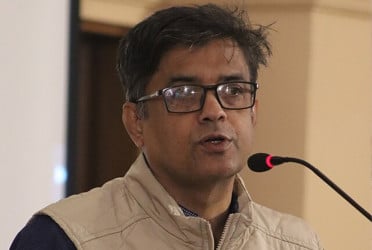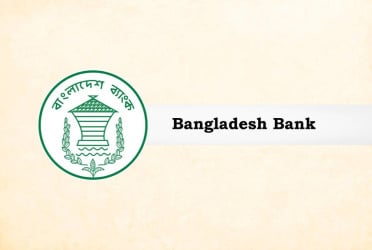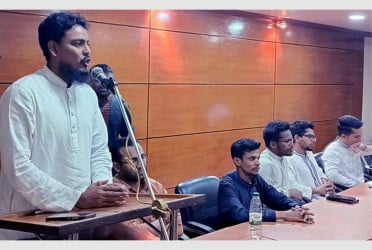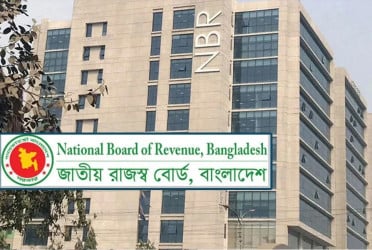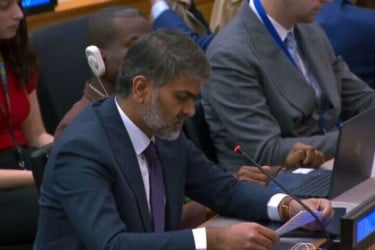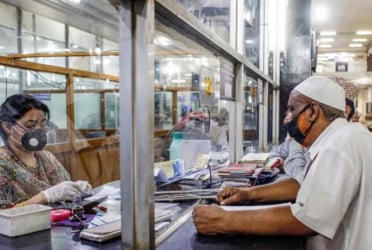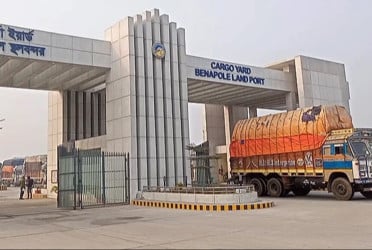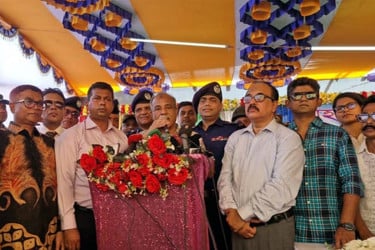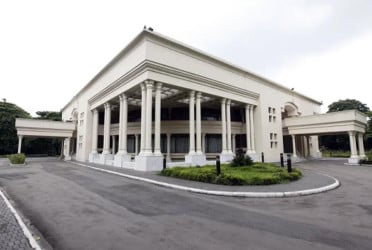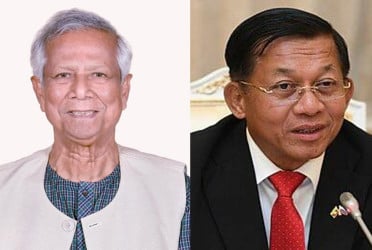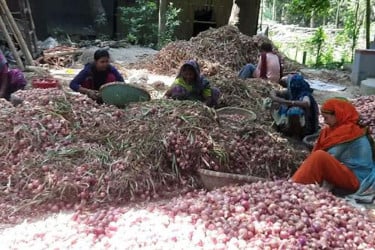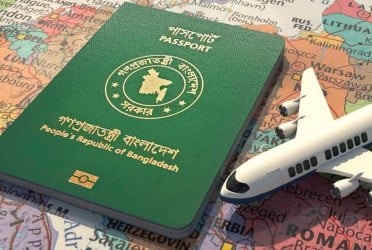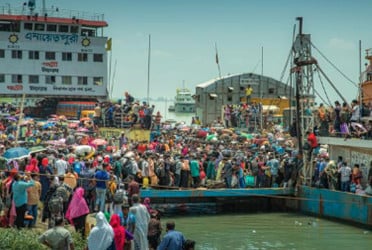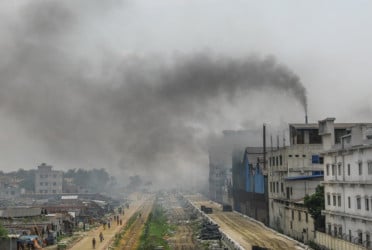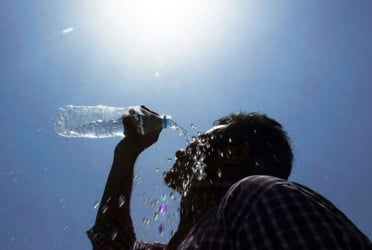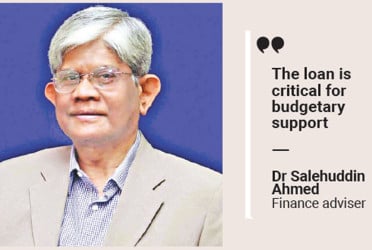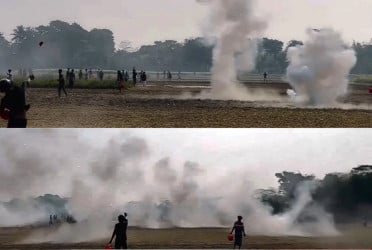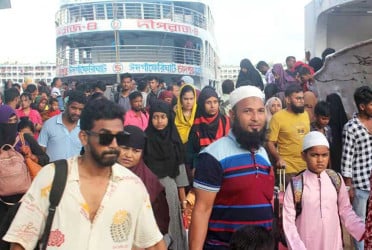Widespread use of banned polythene has endangered the country’s environment and surroundings. Everywhere, ranging from kitchen markets, to grocery shops, fish markets, super shops and other shops, plastics are being used indiscriminately when it comes to packaging goods.
Despite government’s ban on polythene, these are being manufactured and sold under the nose of police and administration. The Department of Environment, the regulatory body, is unable to make an effective move.
As this polythene does not decompose with the soil, the fertility of agriculture land and the yield decrease gradually. It also affects the fresh water fish production. Biodiversity is also in danger due to the mass use of the banned polythene.
Bangladesh is floating on polythene
Crores of polythene bags are thrown away every day, and a large number of it goes directly into the river, resulting in an accumulation of polythene layer in the riverbed. Almost all rivers are already affected by polythene-plastic pollution.
As polythene is widely being used in urban areas, urban area rivers are highly affected.
Buriganga, Turag, Balu, Bangshi, Shitalakshya, and Dhaleshwari of Dhaka, Kirtankhola of Barishal, Karnaphuli and Halda of Chattogram are highly polluted with the polythene and a thick layer already accumulated on the bed of those majestic and economically important rivers. The lifecycle of fish also are in great threat due to the pollution.
Polythene and plastic pollution are threatening the biodiversity too.
“Polythene is one of the leading causes of the waterlogging in Dhaka and Chattogram city corporations,” claims concerned authorities adding that the drainage system also in hazardous situation due to the banned item.
Lack of city-corporation and municipality’s sustainable plan on waste management is hugely responsible for the pollution. As the soil and environment is polluted, plastic and other health hazardous substances are contaminating our foods. Even in red leafy, one of the affordable foods for middle and lower middle income people, are being highly contaminated with cancer growing substances including lead, chromium, and cadmium.
Catastrophe of environment and cropland
As the polythene is non-disposable, it remains in soil and environment for hundreds of years, resulting in an environment and soil pollution which causes infertility of soil and reduces the yield. It takes 200-400 years to dissolve polyethylene in soil. The most commonly used plastic products are polybags.
22 years earlier, in 2002, then government banned manufacturing and using of polythene aiming to safeguard the environment. According to the Bangladesh Environment Conservation Act, manufacturing, importing, marketing, selling, storing, displaying to sell, and distributing of all sort of polythene-made bag are prohibited. In case of the law’s violation, there is a provision of imprisonment and fine.
Despite law and regulations, the polythene bags are being sold under the nose of administration.
A recent report reveals a jaw-dropping data. It says at least 3000 illegal polythene factories are fully functional across the country, of those more than 700 factories are established near the Old Dhaka and Buriganga river.
A person, on an average, uses some 700 polybags in a year, and after an average of 12 minutes of use it ends up in the nature. According to Bangladesh Poribesh Andolon (BAPA), around two crore of plastic bags are accumulated every day in Dhaka city alone.
Coordination and strict monitoring is must
Stakeholders said that coordination between stakeholders and law enforcers, strict monitoring, and public awareness are must to say goodbye to the anti-environmental plastic and polythene. Besides, government has to ensure the availability and cost-friendliness of paper and jute-made packaging bags. Otherwise, people will go for the cost effective polythene.
During the BNP led government’s (2001-2006) Environment and Forest Minister Shajahan Siraj made the market polythene free. His initiative, stated 22 years earlier, was successful for a long period. His government’s tenure ended at the verge of making Bangladesh polythene-free.
However, after the Caretaker Government’s regime, polythene was not that available in the market. Even in 2009, when Awami League formed government, polythene traders were sweating while entering to market. Later, the government’s lax policies paved the way as it became profitable.
Syeda Rizwana Hasan, adviser for Environment, Forest and Climate Change of Bangladesh, has taken several initiatives to put a full-stop on plastic-polythene use. In the meantime, polythene has been banned in super-shops and markets since October 1 and November 1 respectively.
Make paper and jute bags available in the market
To cut polythene and single-use plastic items out of the market, there is no way but making alternatives like paper and jute bags affordable and available. Stakeholders said that the main reason for polythene dependency is its affordability and availability. Polythene factories should be banned to make run this out of market.
The government and NGOs can help entrepreneurs with small and medium enterprises (SMEs) loans in making environmentally-friendly bags. In polythene factories, there is a need for crores or investment but less manpower when the environmentally-friendly bag making needs more manpower.
If initiatives are taken to reach the buyers of paper and jute bags at a low price, to increase the use of environmentally-friendly bags then the polythene bags will be ruled out, said environmentalists. Again they put the light on micro entrepreneurship.
An opportunity of environment conservation
Syeda Rizwana Hasan has been working for nearly three decades as one of the executives of the Bangladesh Environmental Lawyers Association (BELA), an organization works on environment conservation. Now she is the adviser to that ministry, and has the hold to make visible changes.
“She started her work by banning plastic and polythene bags. Several decision is about to go into action aiming to prevent pollution and river encroachment,” said environmentalists adding that the non-partisan interim government has nobody to appease except the people of the country.
Collaborating with other ministries, she can make the biggest contribution to the Bangladesh’s environment.
Regarding the sustainable management of polythene, Dr Md Abul Kashem, a professor of soil science department at Chittagong University, said, “Jute, cloth, and paper bags should be used as alternatives to the polythene bags.”
“Besides, we can introduce sustainable eco-bags, like Japan did earlier, which are made of washable materials. In the case of plastic waste management, three R’s (Reduce, Reuse, and Recycle) strategy will be beneficial,” he added.
Translated by Afsar Munna

